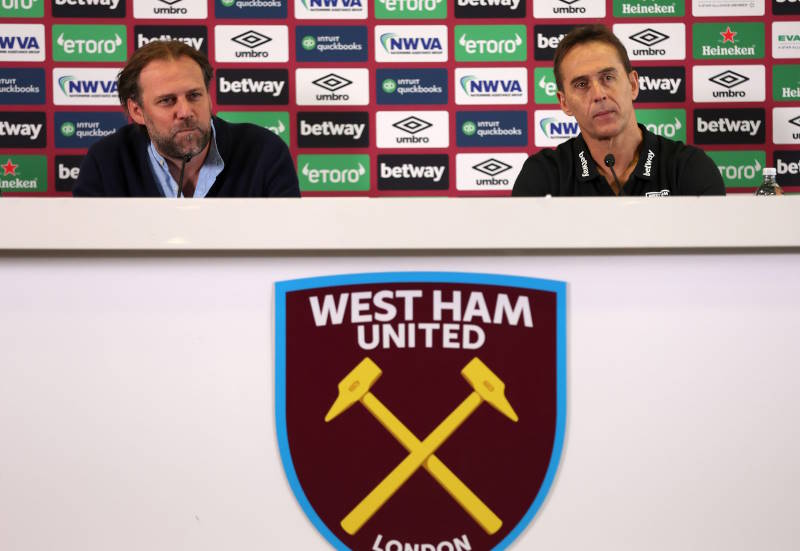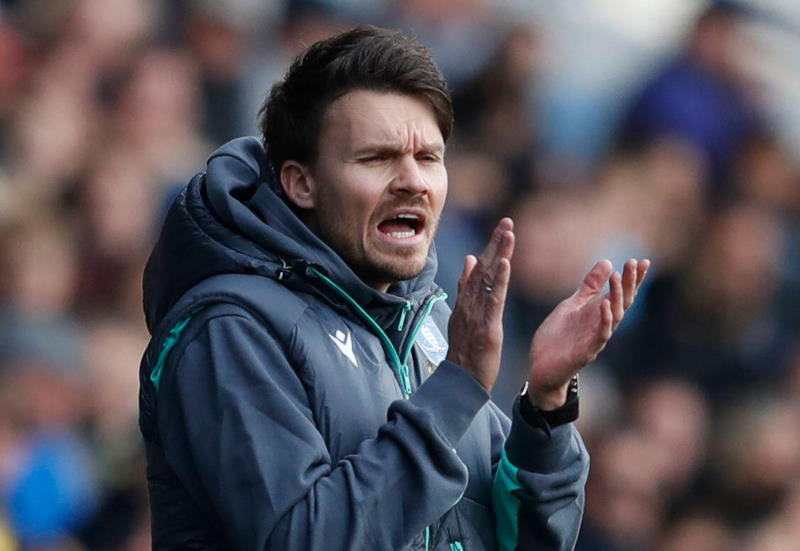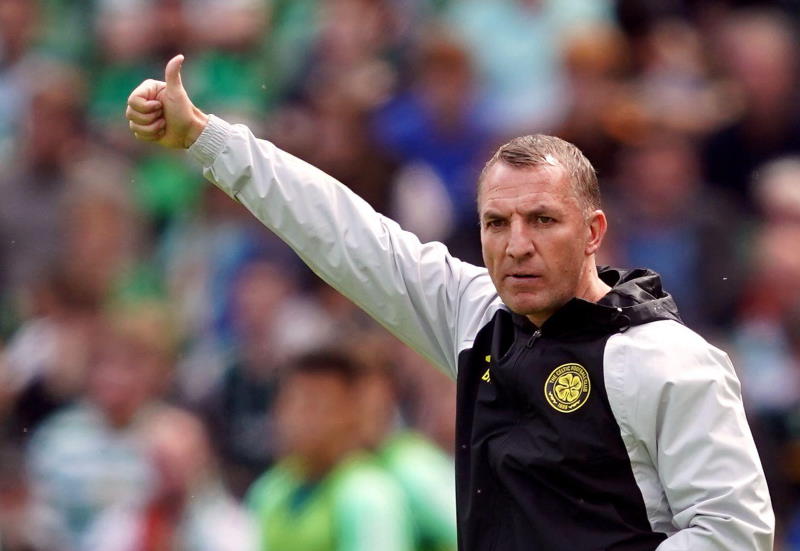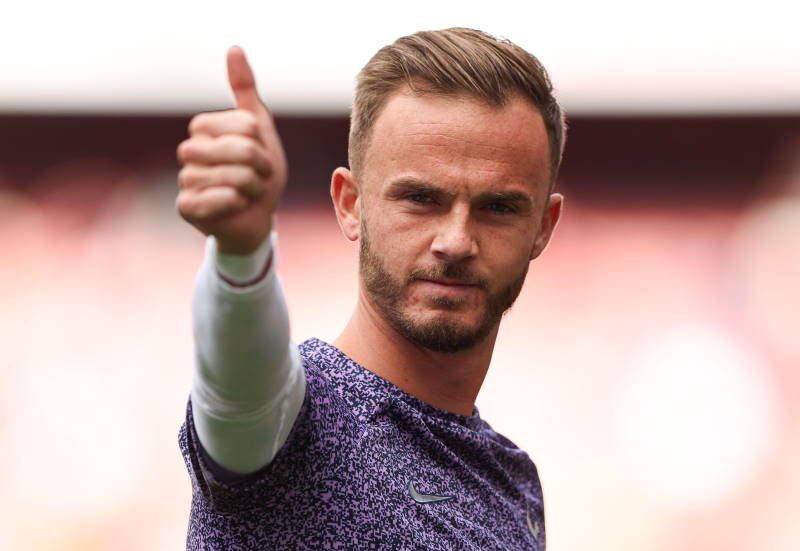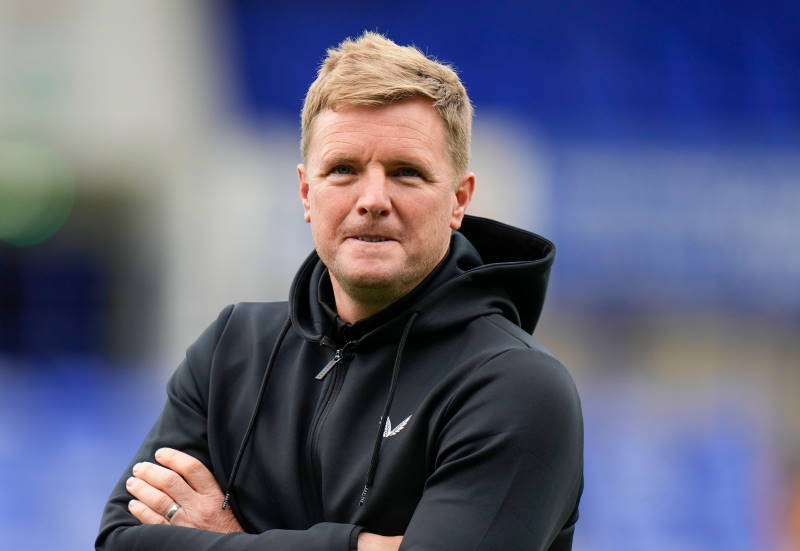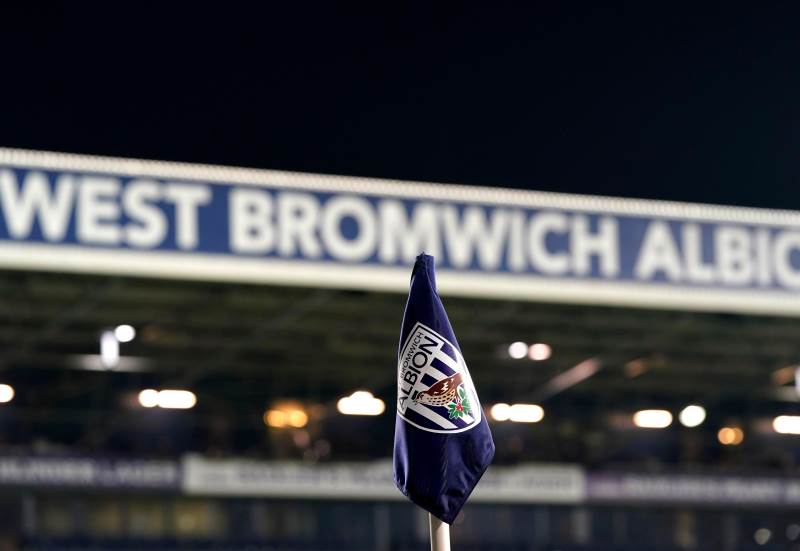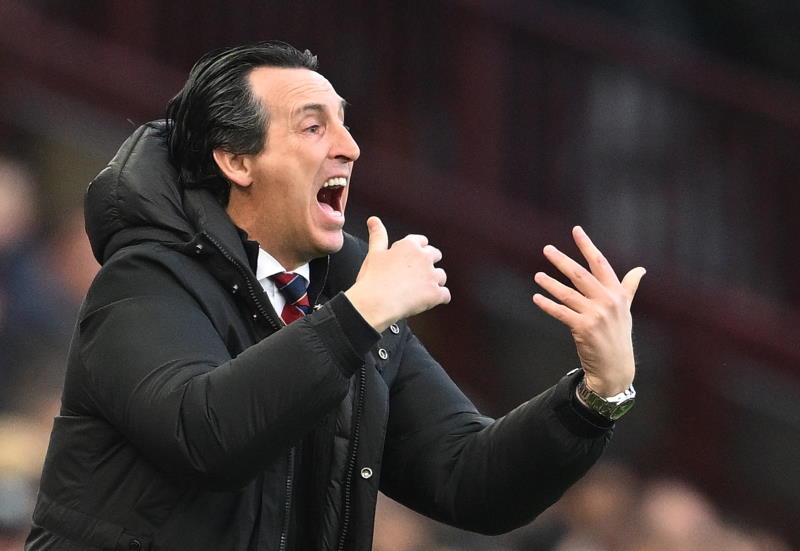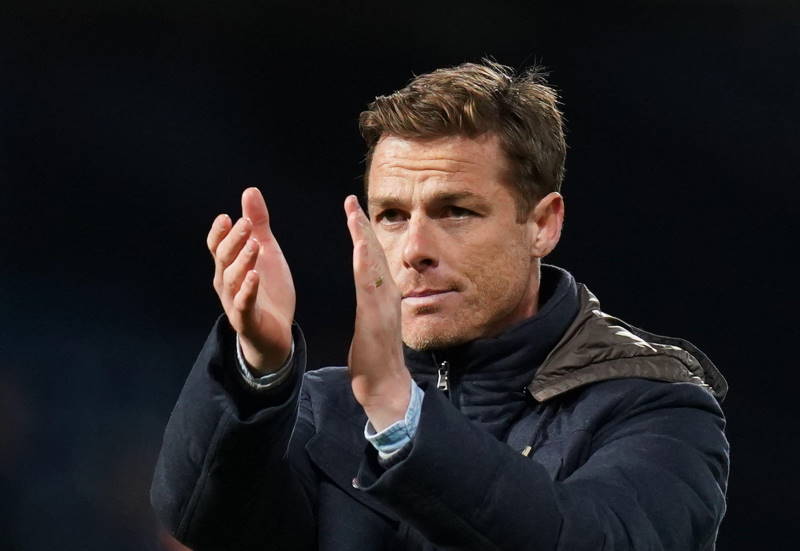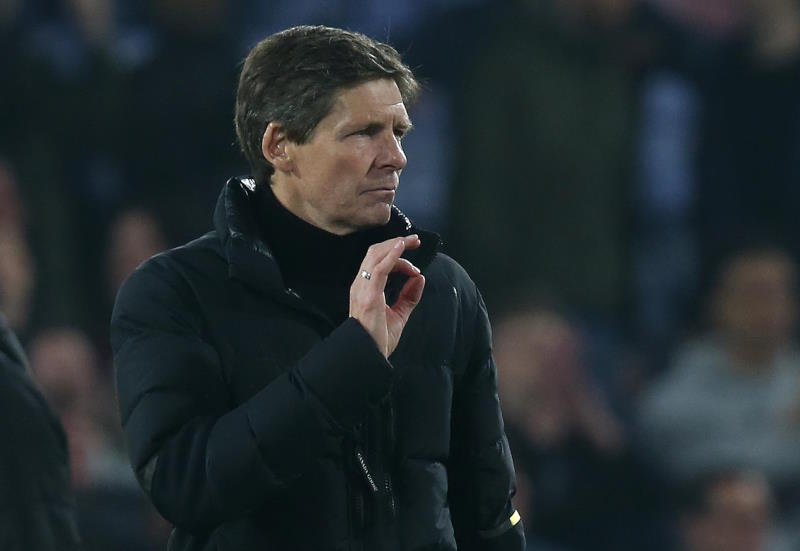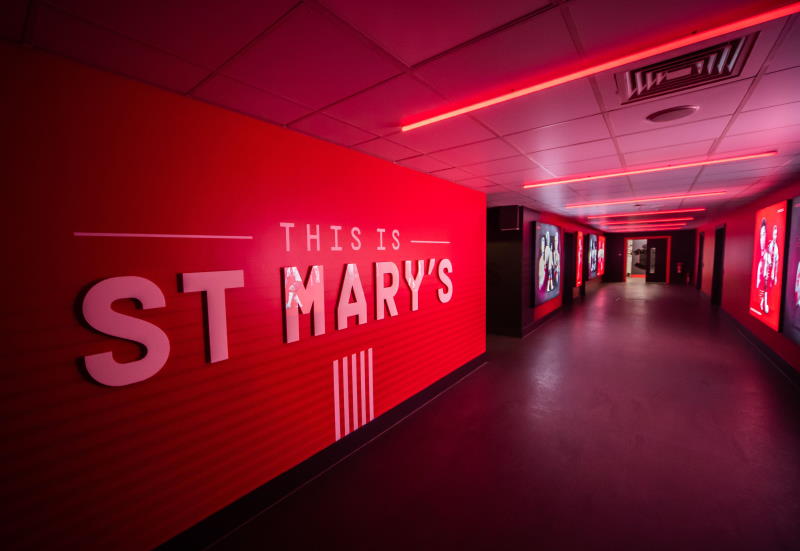
Matt Oldfield
When Portsmouth became the first Premier League club ever to enter administration this month, their relegation was all-but confirmed. The club must now look ahead and consider its options carefully in the closing months of this season. In these modern times of debt and ‘parachute money’, relegated sides are faced with two options, one risky, one depressingly cautious; either a team must gamble on their chances of immediate promotion, or they must balance the books and settle for a patient re-building. It is far from an easy decision; much depends upon the quality of players, the status of the club and their financial situation.
Newcastle United are currently demonstrating the potential benefits of the risky approach. When the club was relegated from the Premier League in May 2009, pessimistic fans contemplated a collapse worthy of Southampton, Charlton Athletic, and in particular, Leeds United. Stories of club owner Mike Ashley’s ‘£90 million black hole’ rammed home the dramatic financial effects of top-flight relegation. However, instead of accepting defeat, the club have gambled on immediate promotion, and currently sit at the top of the Championship.
Newcastle’s financial situation is far from secure, but the club is holding on for a speedy return to the Premier League, which would ease the pressure considerably. It would be wrong though to take Newcastle’s actions as a model for relegated teams. The club has a unique status, being the biggest team ever to be relegated from the top flight, with one of the largest fan bases in Britain. Even in the Championship, nearly 44,000 supporters are turning up to watch the Toon Army at St James’ Park. The fact that the stadium remains three-quarters full, combined with the BBC’s decision to focus their new Championship coverage heavily on Newcastle’s progress, has provided much-needed income that most relegated clubs could not rely upon. This financial help has allowed the club to strengthen in the transfer windows, with Wayne Routledge and Leon Best arriving on permanent deals, and Fitz Hall and Marlon Harewood on loan.
Another unusual factor was Newcastle’s ability to retain quality players, due to club status and financial support. When Leeds and Southampton were relegated in 2004 and 2006 respectively, irreplaceable players were lost over the years that followed. Aaron Lennon, Mark Viduka, Paul Robinson, Alan Smith and James Milner all left Elland Road, while Peter Crouch, James Beattie, Theo Walcott, Gareth Bale and Kenwyne Jones were all sold by the Saints as they struggled with life in the Championship.
Newcastle, on the other hand most notably, said goodbye to Obafemi Martins and Michael Owen, two underperforming strikers, who were easily replaced in the starting line-up by Shola Ameobi and Andy Carroll. In the mediocrity of the Championship, Newcastle’s midfield boasts the experience and talent of Nicky Butt, Alan Smith, Kevin Nolan and Danny Guthrie. When many feared a mass exodus, international-calibre players such as Peter Lovenkrands, Jonas Gutierrez and Fabricio Coloccini chose to stay and fight, ignoring the looming presence of an approaching World Cup. With this in mind, it was no surprise when The Toon Army was installed as favourites for automatic promotion this season. All in all, Newcastle United have been luckier than most.
So what about the more cautious approach? Evidence suggests patience is of the essence and even administration must often be accepted. The fortunes of Leeds United and Southampton are only just now looking up after several years of poor performance and financial turmoil. Both clubs reached the Championship playoffs within the period of financial support (in the form of parachute payments from the Premier League) but lost, and once the two years were up, they were left with threadbare squads, administration and further relegation. Would these sides have returned to the Premier League with the kind of financial gambling practised by Newcastle?
Perhaps, but the point is that Leeds United and Southampton are more representative of relegated teams. Most clubs are in no position to gamble money they don’t have on promotion success. Once the initial financial venture had been taken, both Leeds United and Southampton had no choice but to accept defeat and start the slow process of re-building. Charlton Athletic, Ipswich Town and Reading are three other teams still coming to terms with the economic effects of relegation from the Premier League. Without firm financial backing, it really is a case of starting again.
There does appear to be a third response to relegation, but it relies on a club working within its budget in the first place, cautiously preparing in case of failure. The so-called ‘yo-yo clubs’ such as Wolves and West Brom know their financial limits and if relegated, remain in a decent position to fight for promotion again. The problem is that this rarely results in prolonged stays in the Premier League. Birmingham City are, however, showing that when the time is right, a ‘yo-yo’ club can progress into a genuine top-flight team, without risking everything.
Unfortunately, Portsmouth Football Club are already in trouble. Top players have been sold and those that do remain will undoubtedly also head for the exit door. With the club’s chaotic economic status, a gamble on promotion may not be an available option. Instead, Pompey may be forced to re-build, shedding high salaries and praying for promotion before the parachute payments run out. Because if not, League One football looms increasingly large these days. Newcastle, and the approach they have taken, would seem to be the exception.
Latest Articles:
- – Nottingham Forest Have New Clough in Davies
- – Day I Met Lower League Legend Keith Alexander
- – Brighton Benefit from Poyet Promise

